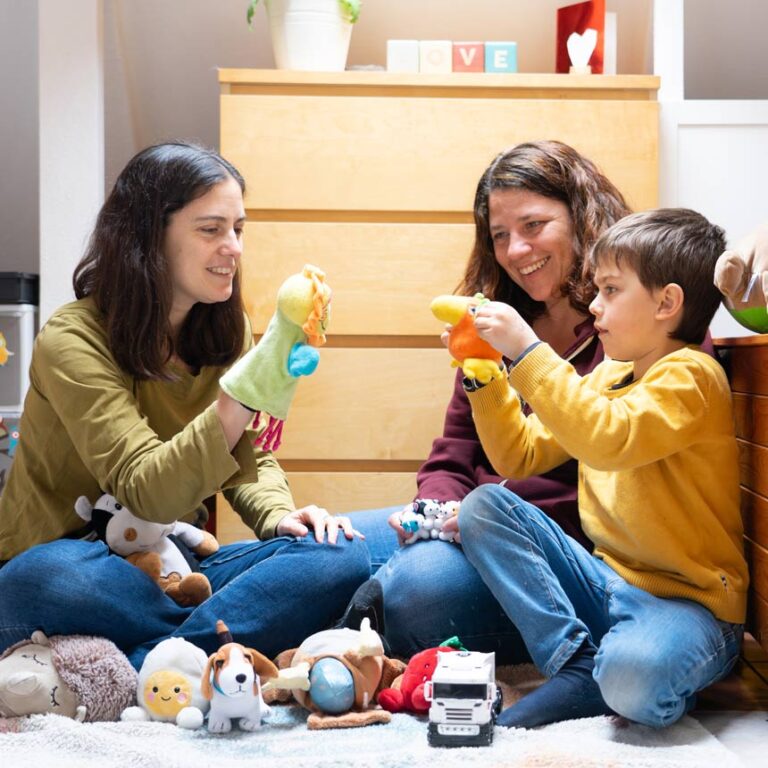
Flipping the calendar is easier than flipping your life, as our new year resolutions show us.
One study found that nearly 1 out of 4 resolution-makers didn’t maintain their new behavior past a week. One month into the new year, that number was almost half.
But don’t give up! Experts offer hope that by adjusting our goals and being persistent, we can succeed.
“Change is a process — and processes take time,” says psychologist Susan Albers, Psy.D., of the Cleveland Clinic. “It is not like a light switch.”
Some proven techniques and strategies can help us stay on track.
Research indicates that it’s easier to start a behavior than to stop one. Instead of resolving to quit something, try adding something, and be SMART about it. Let’s see what that looks like.
- Specific. I will eat more green leafy salad.
- Measurable. I will eat four green leafy salads a week.
- Attainable. I can have ingredients at hand, ready to throw together.
- Relevant. Green leafy salads meet my health goal of eating more raw food.
- Time-bound. I will eat four green leafy salads a week for four weeks.
See if your new year resolutions meet the SMART test, and how you can adjust them. And then gear up.
“Goal pursuit requires focused attention,” says Elliot Berkman, a psychologist at the University of Oregon. “Our minds need to be focused on one thing,” he says. “Clarity is key.
“In daily life, we’re driven by our habits. Working toward a new goal can require a lot of brain power. We need to fend off distractions. It’s slow going when we’re trying to master a new skill or change our behaviors, Berkman says. “Goal pursuit is so hard compared to habit.”
Dr. Albers echoes this theme: “Many of the behaviors linked to resolutions involve activities or habits that you’ve had for years. Give yourself time to adapt and make changes.”
She offers additional tips to help people succeed.
- Choose realistic goals that are sustainable for the long term.
- Be flexible and open to changing them along the way, as needed.
- Identify obstacles that might get in the way of success.
- Track your progress.
- Partner up with an accountability buddy.
One of the top predictors of success involves social support. One study found that 70 percent of people who sent weekly updates to an accountability partner were successful in reaching their goals, as compared to those who tried to go it alone.
As hard as we try, there will be days we don’t meet that goal.
“It happens,” says Dr. Albers. “Be kind and compassionate toward yourself. Real change happens when a person feels ready, not by an arbitrary date on a calendar. Just come back to your goal. Keep going and be persistent.”
Learn more
SMART goals: NPR Life Tips video
Cleveland Clinic: Tips To Keep Your New Year’s Resolutions










